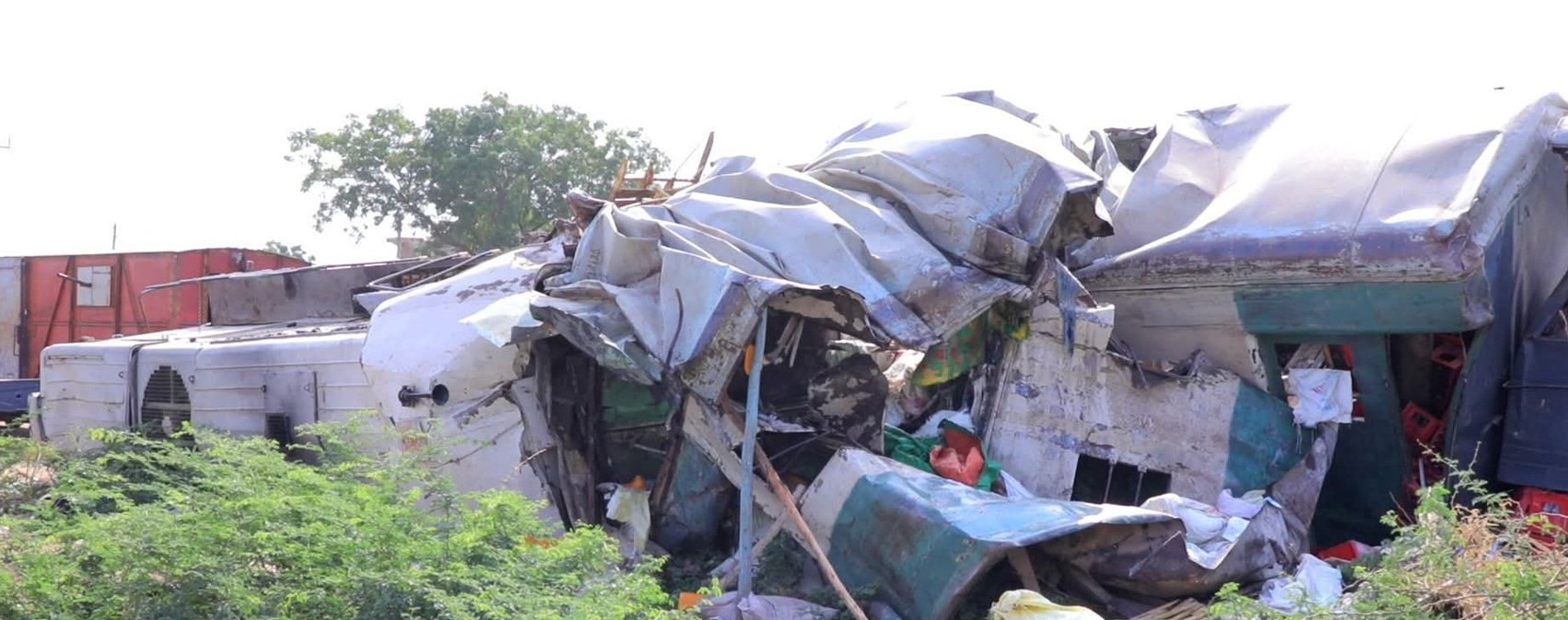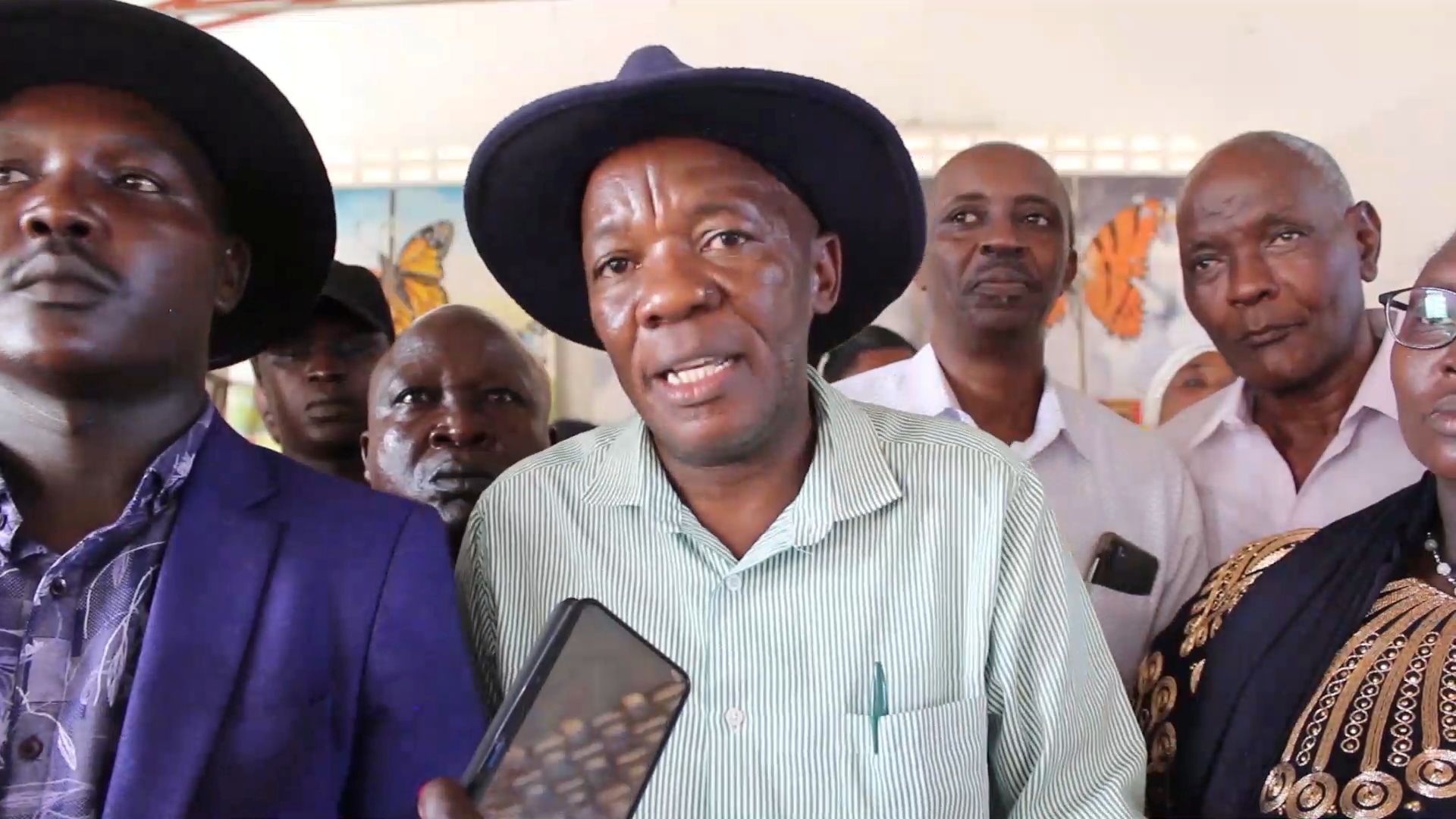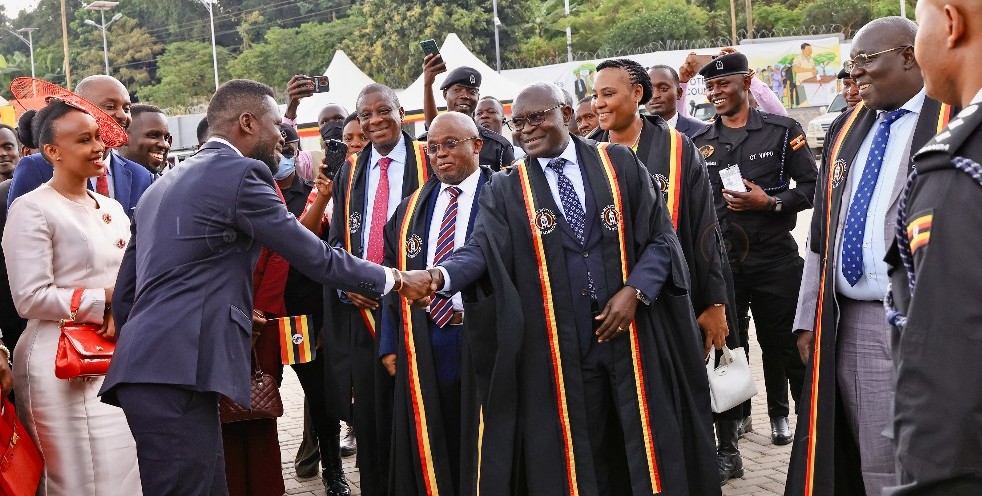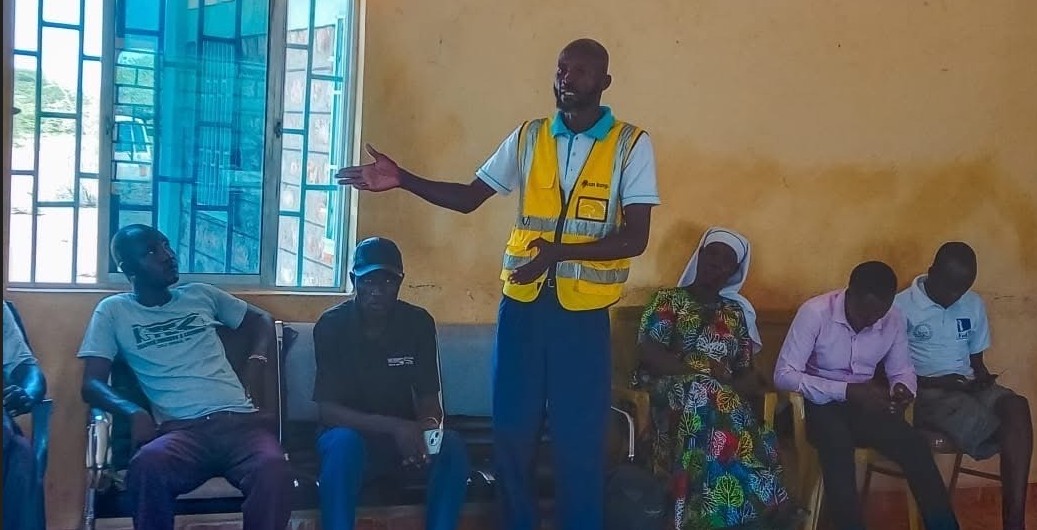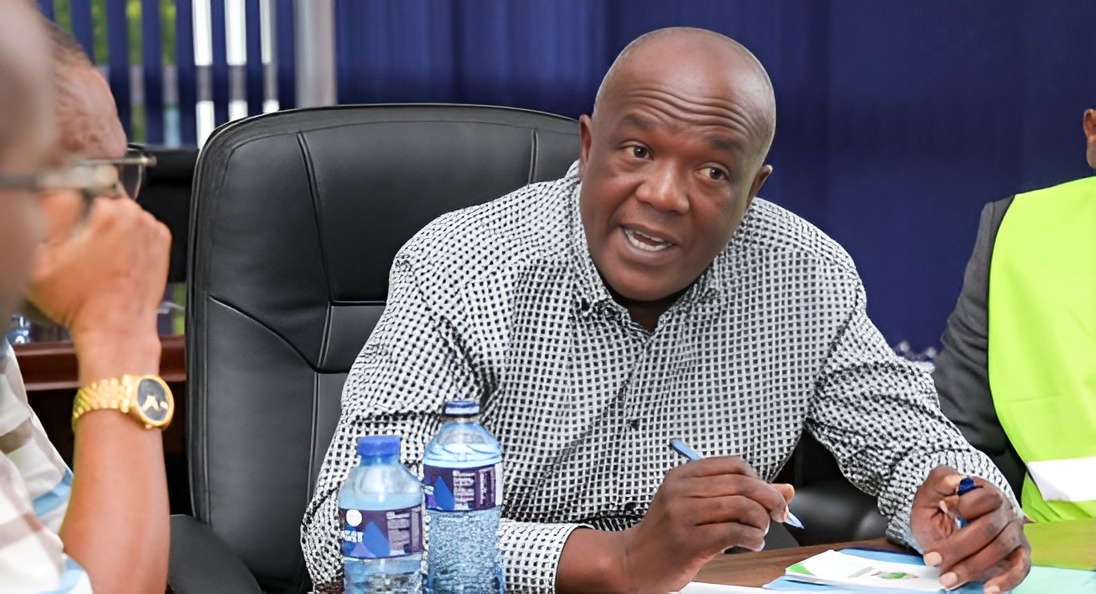IMF concerned over Kenya's budget shortfall despite proposed new taxes

The IMF estimates that the tax measures, which include levies on betting, phone calls, and internet data, would generate an additional Sh145 billion.
The International Monetary Fund (IMF) has raised concerns about Kenya's newly proposed tax hikes, calling them insufficient to address the government's mounting budgetary pressures.
The IMF estimates that the tax measures, which include levies on betting, phone calls, and internet data, would generate an additional Sh145 billion.
More To Read
- IEA: IMF programme failed to fix Kenya’s economy, focused on debt repayment instead
- IMF probes Kenya’s governance in sweeping review set for October 2025 release
- Kenya seeks new IMF loan deal, says no disagreements with Fund
- Kenya and IMF agree to start formal talks on new lending programme
- Kenya to defer Sh88.1 billion IMF funding to next year
- CBK's foreign reserves hit four-year high after IMF boost
However, this falls short of the Sh209 billion needed, leaving a funding gap of around Sh64 billion and setting the stage for possible friction between the Kenyan Government and the multilateral lender.
The Treasury's decision to revive certain tax measures, previously scrapped in June following public protests, comes amid tough IMF conditions.
The new taxes are aimed at managing spending pressures and reducing debt risks, but the IMF notes they will not fully cover the government's fiscal requirements.
"The authorities plan to offset spending pressures that have emerged since the adoption of the supplementary in July through new revenue measures, with any residual gap to be closed through spending adjustments in a second supplementary budget to preserve the primary balance target," the IMF stated.
The IMF expressed concern that, while the new taxes aim to alleviate Kenya's debt vulnerabilities, they are insufficient given the government's existing financial obligations.
A recent IMF report highlighted that the Treasury submitted a Tax Laws Amendment Bill to Parliament, proposing new revenue measures worth 0.9 per cent of GDP.
This includes adjustments to value-added tax (VAT) on selected items, hikes in excise duty for certain goods and services, and additional levies on imports.
Public wage bill
The IMF report stated that the government's financial pressures stem primarily from commitments made to increase salaries for security personnel, teachers, and civil servants.
Additional funds are also needed to support universities and vocational training institutions.
"Spending pressures amount to some 1.3 per cent of GDP (Sh209 billion)," the IMF said, noting that these expenses would require further revenue or spending adjustments to maintain fiscal stability.
According to the IMF, the government's efforts to meet these demands may be undermined by competing spending pressures.
While the government has aimed to implement broad spending cuts, it has also agreed to meet the demands of various public sectors, including salary increases for civil servants and allocations for educational institutions.
These competing pressures, the IMF warned, pose a risk to the government's budget targets and could lead to additional borrowing if not managed carefully.
In addition to the proposed taxes on betting, phone calls, and internet data, the Treasury plans to raise excise duty on mobile services from 15 to 20 per cent, likely increasing costs for consumers.
Other measures include a six per cent tax on ride-hailing services, online freelance work, and food delivery, and a five per cent withholding tax on digital marketplace transactions.
Excise adjustments
Excise adjustments are also expected for alcoholic beverages, with higher taxes on wine but reduced taxes on beer.
The Treasury has also revived plans to impose a five per cent withholding tax on interest earned from infrastructure bonds with maturities of at least three years.
President William Ruto's administration faces the challenge of balancing the IMF's demands with the needs of Kenyans, who are already grappling with high living costs.
The initial finance bill, which included similar tax increases, was abandoned in June following protests by citizens who feared that the additional levies would worsen their economic struggles.
In response, the government cut spending and expanded the fiscal deficit, a move that the IMF viewed as a setback.
In an October 18, 2024 letter to IMF Managing Director Kristalina Georgieva, Treasury Cabinet Secretary Njuguna Ndung'u and Central Bank Governor Kamau Thugge reaffirmed Kenya's commitment to fiscal responsibility.
They noted that the government would address any budget shortfalls through a second supplementary budget, expected in early 2025, and by implementing new tax measures.
The IMF has insisted that Kenya must increase tax collections to avoid further borrowing, citing recent revenue shortfalls and conditions tied to a Sh78.3 billion ($606.1 million) IMF loan approved in October.
However, it remains to be seen how Kenyans will respond to the renewed tax proposals, as memories of the June protests still linger.
Top Stories Today
